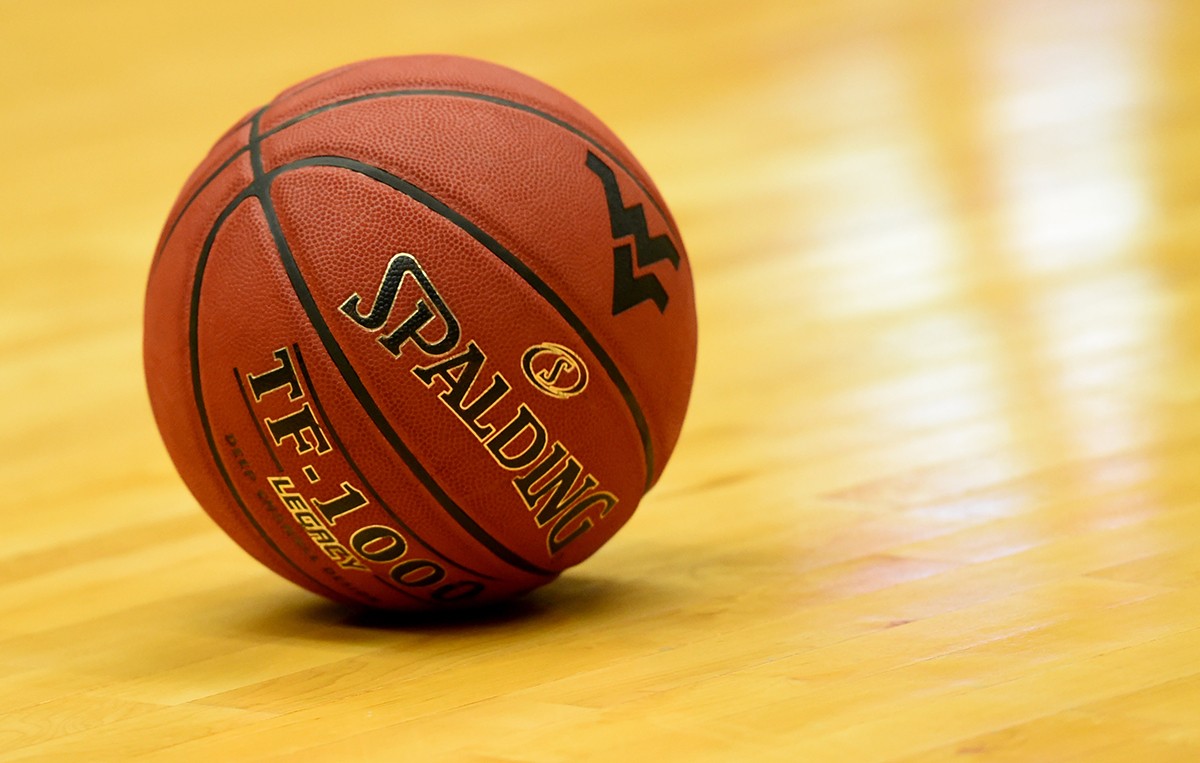MORGANTOWN — In the span of days — maybe a couple of weeks — you’re going to see some legislation that will shake a part of the college basketball foundation.
It will be hailed as legislation stemming from Condoleezza Rice’s commission — bet you had forgotten all about it — that released its study on the ills of the game back in April and gave a few opinions on how to fix them.
Cleaning up the AAU system and all its backdoor deals with recruiting and opening door for agents to get their claws into a kid was pretty high up on Condi’s list.
Truth is, the NCAA would have done away with AAU years ago if it had the power to do so.
Think of the two’s relationship something like Jerry Seinfeld and Newman, which is to say they’ll say hello to one another, but will do so with scorn and contempt.
In the days to come, the NCAA is expected to eliminate much of the July recruiting period starting next year. Coaches had three weekends in July before to travel to AAU tournaments and scout athletes, but that is now expected to be reduced to one weekend.
Coaches aren’t permitted to speak to recruits at the tournaments, but the kids see them and the coaches see the kids and you know how it goes.
July is the one month that AAU organizers circle on their calendars. Without a doubt, the top tournaments each year happen in July.
What the NCAA wants to do is open up other recruiting periods and use those to establish camps throughout the country — ones controlled by high school teams or the NCAA or both — where recruits will be invited to participate in drills, scrimmages or whatever.
“Yeah, it seems like the NCAA is trying to take away AAU,” said WVU guard Chase Harler, who traveled the country playing AAU for the West Virginia Wildcats Select before college. “Maybe they’re trying to get high schools more involved, but it definitely doesn’t look good for AAU right now.”
Now, as soon as this legislation comes out, college coaches across this nation are going to scream bloody murder.
And they probably have a good beef to do so.
This legislation will absolutely hurt their ability to recruit and to scout talent.
It is not designed, though, to hurt coaches or the game or kids. They are simply being caught in the cross-hairs.
This is about killing AAU, which is a shame, because for all of the dirty talk and the negative headlines you see about AAU, it actually helps so many kids.
There are about 700,000 AAU basketball teams across the country, spread out over a number of age groups and representing each state.
The problem are the 5-10 percent of those teams who are in the game to play THE GAME.
Those are the programs looking to buddy up with shoe companies to pay for the uniforms and the travel in return for the team’s best players eventually signing a deal to endorse their products.
They buddy up with runners of agents and the coaches generally are more concerned with hooking on to a college coaching gig instead of trying to help the kids on their team.
And these are the teams usually with the five-star recruits that every college coach is looking for.
What you don’t hear about AAU are the other 90 percent of teams who actually help kids get noticed or get signed by a college who maybe wouldn’t have known about a recruit otherwise.
“You don’t always hear good things about AAU, but its really not that bad,” Harler said. “It does help a lot of kids get into college. Guys want to play AAU. It puts you against the best competition. It does a lot of good, too.”
What’s going to happen is the AAU tournaments will continue to do their thing, but will do it without college coaches being in attendance.
“I’m sure the younger programs will be OK, because when you’re younger, you don’t care about colleges and that stuff,” Harler said. “The older teams could take a hit, because guys want to play in front of the coaches. Without them, I’m sure some guys may look to do something else. Maybe not at first, but probably eventually things could change.”
Which is what the NCAA would love — take away the heart and the body withers away.
It’s major overkill, though, which is something the NCAA will never understand about AAU.
It would rather kill the 90 percent that is good to root out the 10 percent that is rotten.
That just doesn’t make a whole lot of sense.




